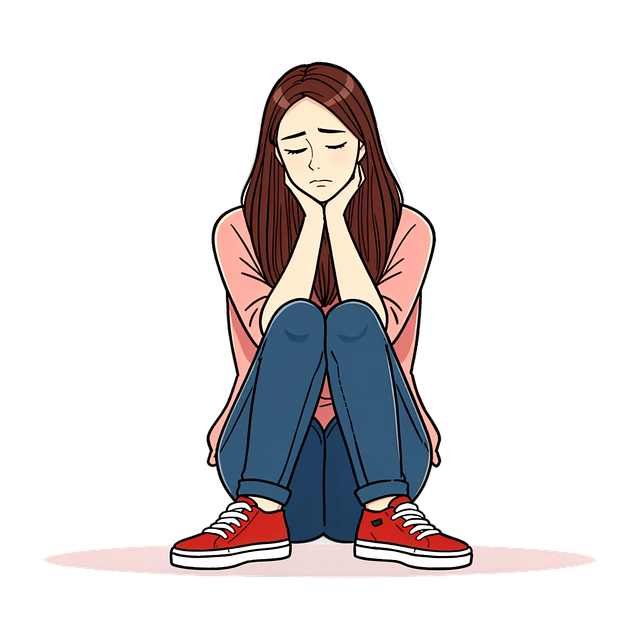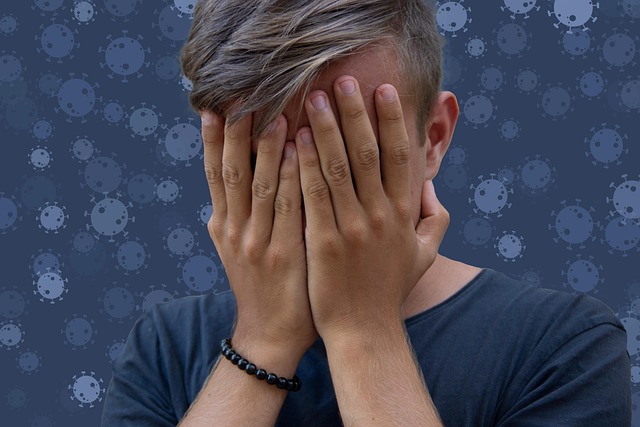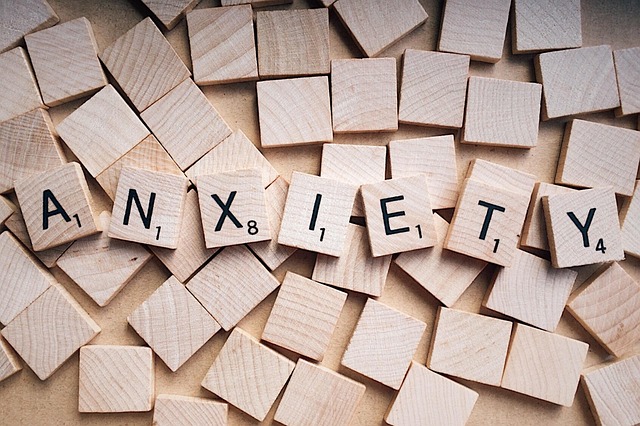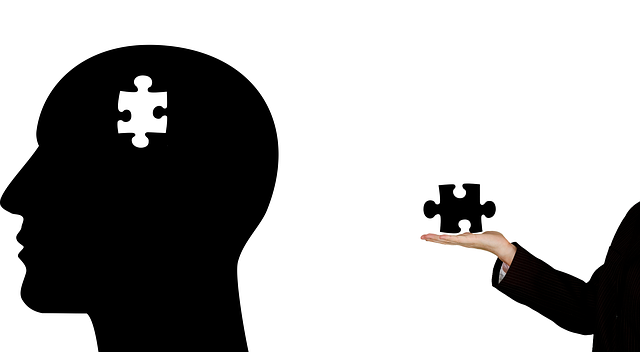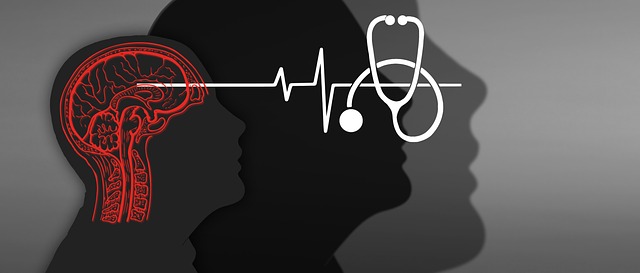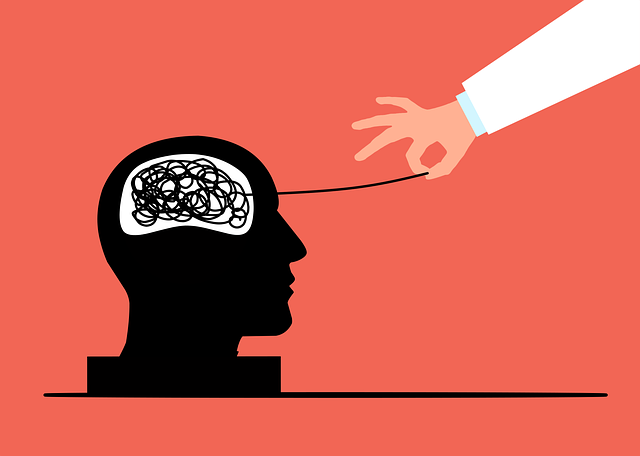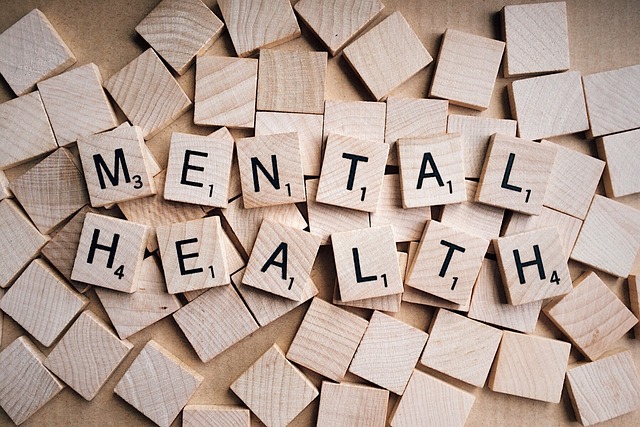Louisville Play Therapy offers a unique, dynamic approach to social skills development for mental health management, focusing on games and imaginative play to teach communication, empathy, and non-verbal cue interpretation. Culturally sensitive methods adapt to Louisville's diverse community, reducing stigma and encouraging open conversations about mental health. This therapy benefits individuals who find traditional talk therapy challenging, empowering them with coping strategies, self-care routines, and resilience for improved overall well-being.
Social skills training is a powerful tool for managing mental health conditions, especially in children and adolescents. This article delves into the vital connection between social interactions and mental well-being, exploring how Louisville play therapy offers effective solutions. We’ll guide you through understanding this link, the benefits of play therapy, and practical strategies to implement at home and school, fostering positive social engagement and enhancing overall mental health outcomes.
- Understanding the Link Between Social Skills and Mental Health
- The Role of Play Therapy in Louisville for Effective Training
- Strategies and Techniques for Successful Implementation at Home and School
Understanding the Link Between Social Skills and Mental Health

Social skills are a crucial aspect of mental well-being, and their development is closely intertwined with overall health, particularly for individuals navigating mental health conditions. In Louisville, play therapy offers a unique approach to enhancing social skills, especially in young people, by utilizing games, activities, and imaginative play to foster connection and communication. This therapeutic method recognizes that effective social interaction is not just about knowing what to say but also how to say it, understanding non-verbal cues, and building empathy—skills essential for managing depression prevention and stress-related issues.
Cultural sensitivity in mental healthcare practice plays a significant role here. Louisville’s diverse community requires therapists and counselors to be adept at tailoring their approach to cater to various cultural backgrounds, ensuring that social skills training is inclusive and relevant. This consideration is vital in preventing stigma and encouraging open dialogue about mental health. Moreover, organizations like the local Stress Management Workshops can benefit from promoting these sessions as a proactive measure against mental health challenges, empowering individuals with the tools to navigate social situations more effectively.
The Role of Play Therapy in Louisville for Effective Training

In Louisville, Play Therapy serves as a powerful tool within social skills training for individuals managing mental health conditions. Through engaging activities and imaginative play, clients can explore emotions, improve communication, and develop essential coping strategies in a safe, supportive environment. This therapeutic approach is particularly beneficial for those who may find traditional talk therapy challenging, offering an alternative route to enhancing mental wellness.
Play Therapy facilitates the creation of a self-care routine for better mental health, empowering individuals with effective ways to express themselves and navigate social interactions. By embracing playfulness, participants encourage positive thinking and cultivate resilience, essential aspects of maintaining overall well-being. Louisville’s specialized therapists use this method to help clients build confidence, enhance their ability to form connections, and ultimately improve their quality of life.
Strategies and Techniques for Successful Implementation at Home and School

Implementing social skills training at home and school environments requires a structured approach that supports individuals with mental health conditions in navigating social interactions effectively. Louisville Play Therapy offers valuable strategies for professionals and caregivers alike, focusing on techniques that foster meaningful connections and improve overall mental wellness.
One key method is incorporating Self-Awareness Exercises into daily routines. This can involve practicing mindfulness activities or keeping a Mental Wellness Journaling Exercise Guidance to track emotions and social experiences. By increasing self-awareness, individuals gain insights into their triggers, strengths, and challenges in social settings. Additionally, teaching Conflict Resolution Techniques equips them with essential skills to manage disagreements and build healthy relationships. These techniques promote constructive communication and help de-escalate potentially stressful situations.
Social skills training, particularly through Louisville play therapy, is a powerful tool in addressing mental health conditions. By understanding the connection between social interactions and well-being, individuals can gain the necessary tools to navigate relationships more effectively. Louisville play therapy offers a unique and engaging approach, making it accessible for both home and school settings. Implementing the strategies discussed can significantly enhance social competence, fostering better mental health outcomes for those in need.

